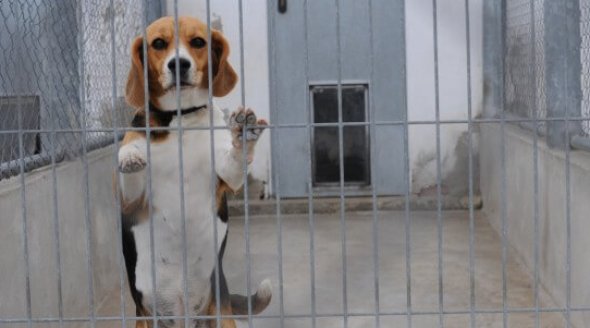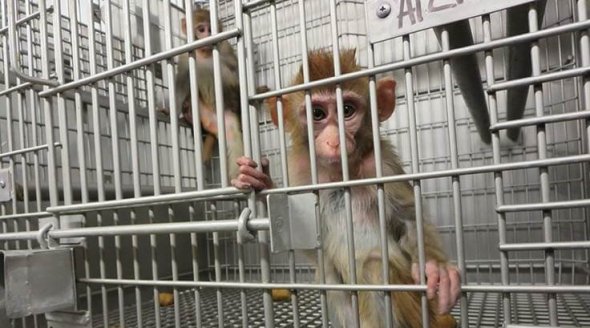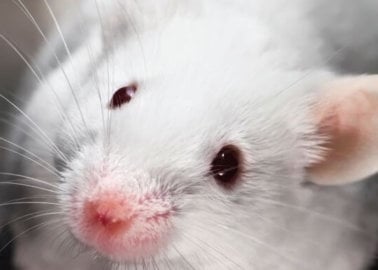We Have a Winner! PETA International Science Consortium Funds a Scientist Dedicated to Phasing Out Tests on Animals
The PETA International Science Consortium Ltd. (the Consortium) helped fund an early-career scientist to attend the 20th International Congress on In Vitro Toxicology (ESTIV2018), which took place in October in Berlin. Kristin Bircsak, a toxicology scientist working for the organ-on-a-chip company MIMETAS, beat many highly qualified applicants from around the world to nab the coveted prize.
Kristin, who recently made the transition into the non-animal testing field, is developing a high-throughput 3-dimensional model of the human liver. Liver damage is one of the most common unforeseen adverse effects in human drug development, and her human-relevant model is intended to replace the rats who are used in liver toxicity tests.
The ESTIV2018 conference included lectures by experts in the field of in vitro (non-animal) toxicology and gave young researchers like Kristin the opportunity to present their work and collaborate with like-minded scientists.
Not only is testing on animals cruel, it’s also bad science.
Although other species, like mice and rats, have the capacity to suffer, just as humans do, their bodies work very differently from ours, making it extremely difficult to apply results from tests on animals to humans. Non-animal methods, on the other hand, can be cheaper, more efficient, and human-relevant.
One way to accelerate the transition to humane, non-animal techniques is to expose more early-career scientists to the benefits of using them. For many such scientists, funding opportunities to attend conferences and training sessions where they can learn state-of-the-art methods and present their work are rare, so over the years, the Consortium has awarded a number of prizes to help give them these crucial opportunities.
While human-relevant, animal-free research methods are vital to a career in toxicology and are being widely adopted by industry leaders, students and other early-career scientists often aren’t provided with a comprehensive background in these methods. Awards such as this one are helping to bridge that gap, giving young scientists the chance to change the landscape of science for the better.
What Can You Do to Help End Experiments on Animals?
Sign our petition urging the UK government to commit to ending all experiments on animals:






